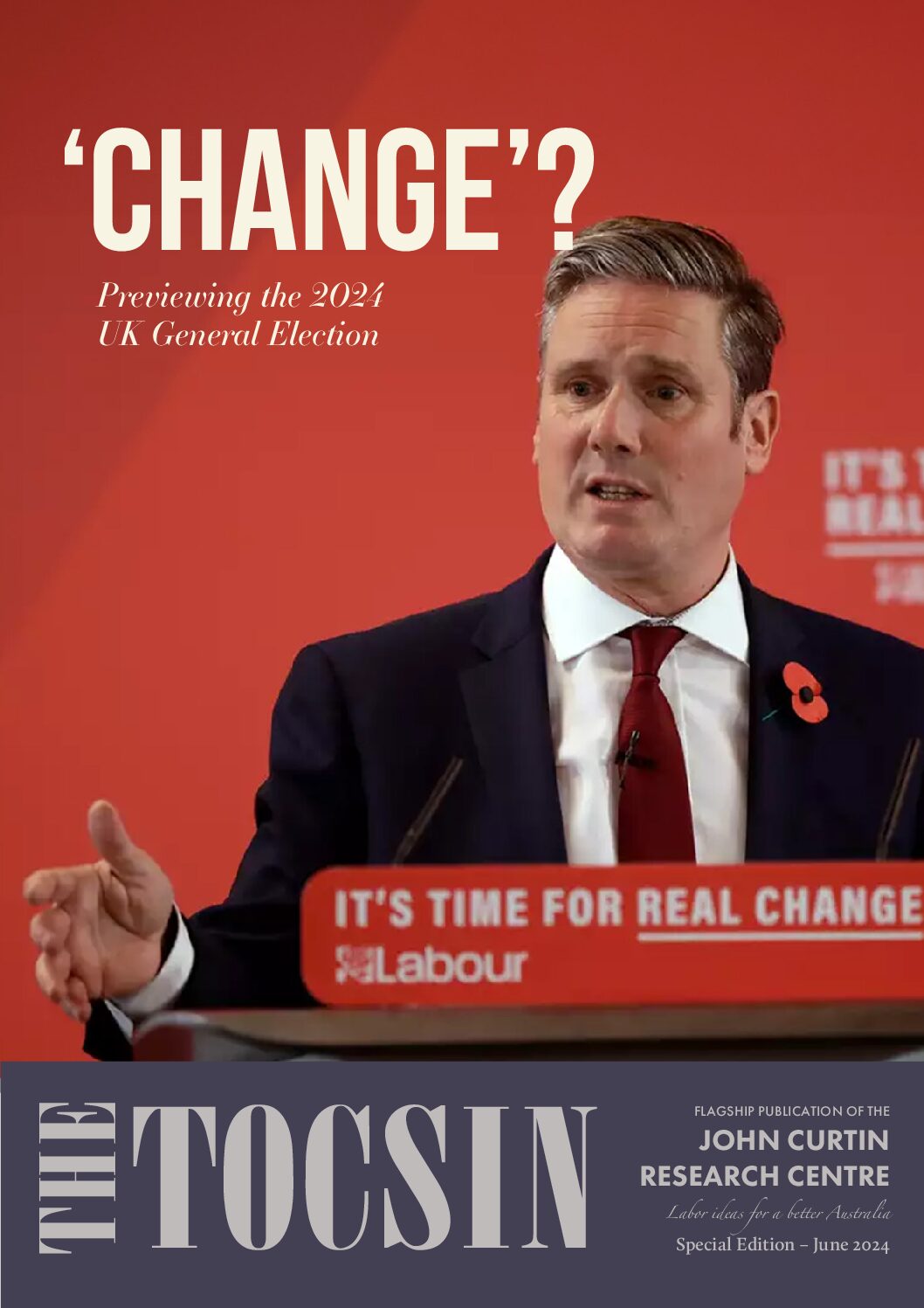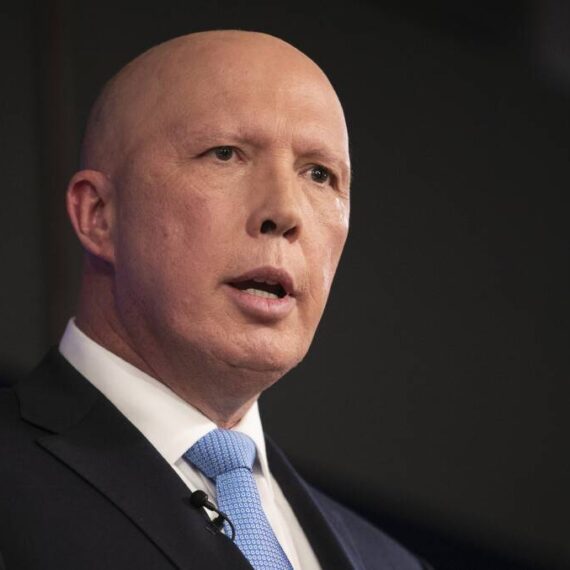For all the shaming of the Andrews government, it is decades of free-market utopianism that has hurt the national capacity to deal with COVID-19.
After a period of relative harmony, Australia’s navigation of COVID-19 has entered stormy waters. Finger-pointing, point scoring and recriminations are the order of the day, even as this deadly virus pays no heed to its prey’s ideological tastes.
Parochialism is in vogue. Victoria is the federation’s statum non grata. Divisive voices target multicultural communities, notably residents of Melbourne’s public housing towers subject to strict lockdown and economically precarious suburban working-class communities. Australians of Chinese and Asian heritage continue to endure racist attacks. Inadequately trained private security guards supervising returned travellers held in quarantine are the object of public opprobrium.
Most of the tumult and shouting transpires on social media platforms, a toxic sewer of incivility and clashing egos, licensed by anonymity. Yet bilious memes and character assassinations have seeped into mainstream public debates, courtesy of right-wing libertarians attached to the Institute of Public Affairs think tank, a smattering of journalists and fringe politicians, most prominently Tim Smith, a Liberal member of Victorian state parliament.
The latter has coined undergraduate nicknames for Premier Daniel Andrews – “Chairman Dan” and “Dictator Dan” among the offensive epithets. Smith should pay a visit to Victorians who have actually lived under totalitarian regimes. One imagines Jewish Holocaust survivors, Chinese, Cambodian and Vietnamese exiles from communist regimes will beg to differ.
Smith’s boss, Victorian Liberal leader, Michael O’Brien, has seemingly drawn inspiration from US President Donald Trump’s alt-right adventures on Twitter. “There’s no pub cluster. No cafe cluster. No fishing, golf or visiting your mum cluster. Just a huge cluster*#^# caused by Daniel Andrews’ complete incompetence over hotel quarantine,” claimed the alternative Premier, attacking a fellow user as a “leftist masquerading as a journalist”.
Granted, left-leaning Twitterati have scarcely covered themselves in glory. Prime Minister Scott Morrison’s latest, grievous sin, in their eyes, is taking time off to spend with family and attending a footy match.)
Detractors of Andrews’ handling of quarantine – a rare global pandemic by definition involves missteps – were critics of Lockdown 1.0.
These partisan, agenda-driven attacks are ideological gaslighting, a form of abuse whereby the perpetrator inverts blame upon the victim. Detractors of the Andrews government’s handling of quarantine arrangements – a once-in-a-century global pandemic by definition involves missteps – were outspoken critics of Lockdown 1.0. They urged a Swedish-style ‘herd immunity’ strategy, impervious to the deaths and misery to be visited upon our most vulnerable citizens – the elderly and poor.
Such political contortions must make Cirque du Soleil performers blush. One day, lockdowns are freedom-crushing folly; the next they do not go far enough, having failed to call in the army. One week the government badly overreacts, the next it is too complacent. In this parallel universe, the Andrews government is not so much an aspirant totalitarian regime than Schrödinger’s cat – both dead and alive.
Contrived discord imperils our ability to wage war on the coronavirus and build an enduring national reconstruction consensus in the peace. It represents a direct challenge to the Prime Minister’s refrain last week, “we are all Victorians now”.
Australia – and Victoria – would be in a far stronger position against COVID-19 had it not been for free-market utopianism advocated by libertarian ideologues during the last three to four decades. This fundamentalist agenda has undercut our ability to effectively respond to COVID-19.
Incohesion and insecurity
Remember, the Coalition has governed federally for 18 of the past 24 years. It is responsible, in the main, for contracting out essential services including welfare and immigration detention centres – there are reports of NSW employees of private centre contractor Serco self-isolating – privatising strategic assets, signing bilateral free trade agreements, endless workplace deregulation, and the demise of Australia’s car manufacturing industry.
These policies damaged our sovereign capability. We don’t make things any more, nor procure them, including critical medical supplies and emergency PPE. An insecurely employed, underpaid workforce, denuded of vocational training and contracted out to labour hire firms who adopt a cavalier approach to OHS issues, was ill-equipped to fill urgent production needs or perform critical safety tasks. Yet the response by free-market zealots responsible for subcontracting national sovereignty is to blame government when events inexorably go pear shaped.
This pandemic has also shone new light on social incohesion and economic insecurity. Hyper-individualism has frayed our social fabric and imperilled our ability to act collectively and co-operatively in a crisis; insecure work and financial anxiety induces people to go to work, even when they display symptoms of the coronavirus.
We need to be a country which makes things again. We need to be a country which does not cut corners when it comes to essential services and people’s health and safety. Reasserting sovereign capability will be critical to our economic recovery.
At this time, we must pull together – the fight against COVID-19 teeters on a precipice. But what next? In the wake of the global financial crisis, cracks first began to appear in the post-1970s ascendancy of elite, cosmopolitan liberalism. In 2020, the post-liberal, communitarian moment is now, one which rejects market fundamentalism yet is sceptical of centralised statism. It upholds virtue, responsibility, patriotism and the common good. Its arrival is not a moment too soon – lives depend upon it.





